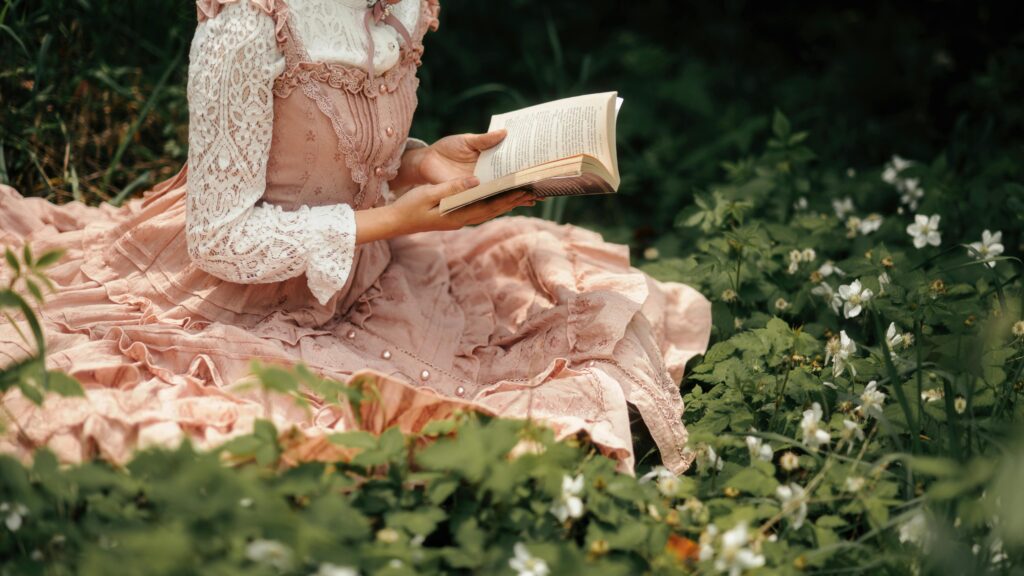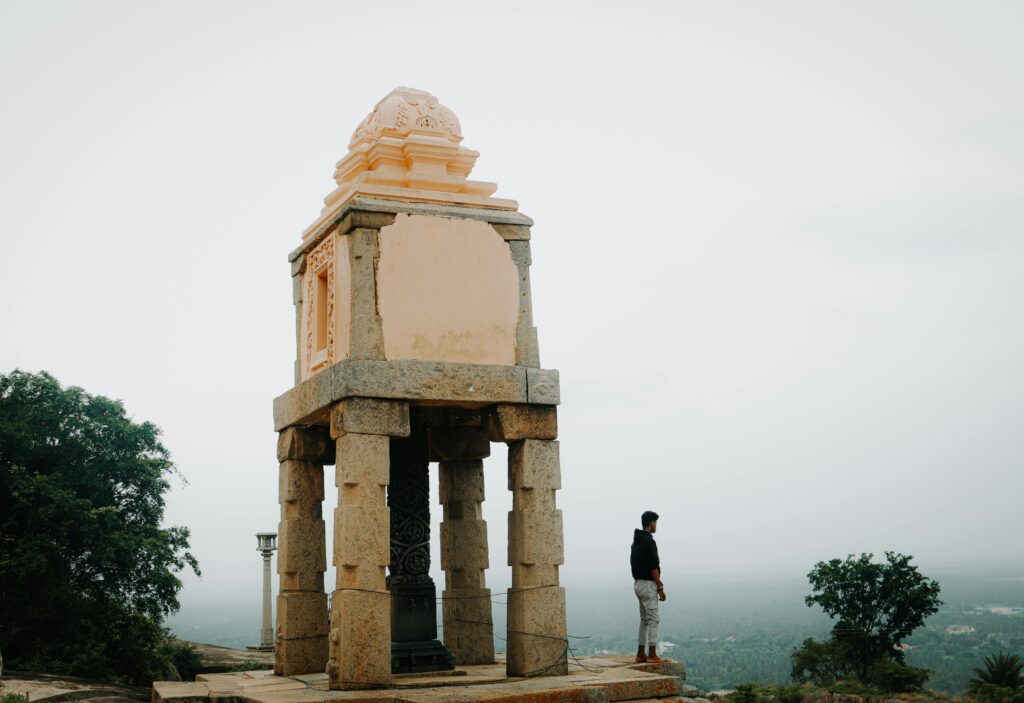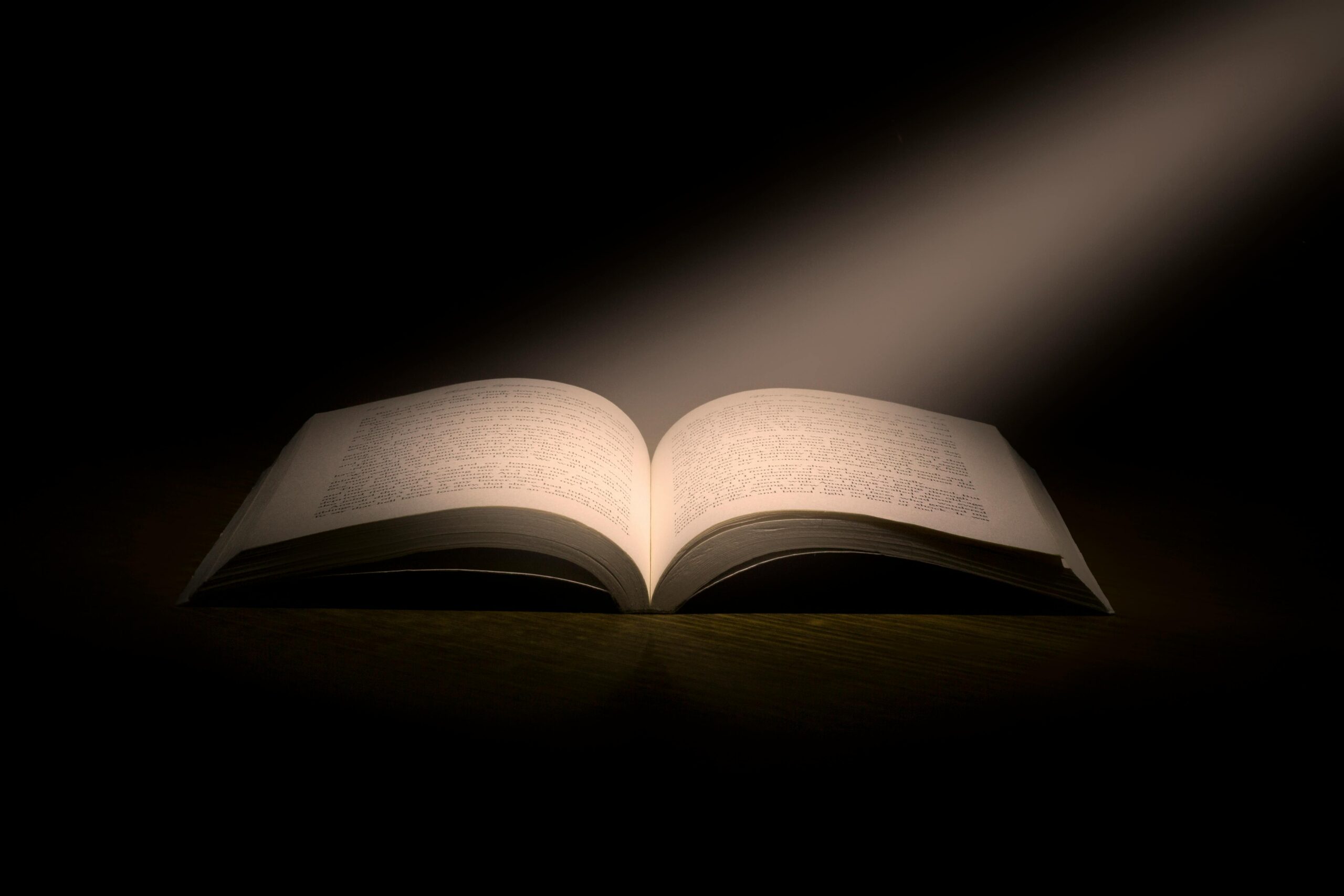In a landmark decision for both short fiction and translated literature, Banu Mushtaq’s Heart Lamp, rendered into English by Deepa Bhasthi, has won the 2025 International Booker Prize. It is the first time a short-story collection, and the first time a work originally written in Kannada, has claimed this prestigious £50,000 award—split equally between author and translator.

A “Radical Translation” Emerges
The judges hailed Heart Lamp as “something genuinely new for English readers,” praising Mushtaq’s twelve life-affirming tales of women navigating patriarchy in Karnataka and Bhasthi’s bold translation strategy, which retains a deliberate “Kannada hum” in the English text. Chair Max Porter described Bhasthi’s work as a translation “with a texture,” celebrating its multiplicity of Englishes rather than a single “neutral” register.
Beyond Fidelity: Translating with an Accent
Deepa Bhasthi selected twelve stories from Mushtaq’s thirty-year oeuvre—out of fifty available—crafting a thematic arc of resilience, humor, and everyday magic. She coined the phrase “translating with an accent,” ensuring the English carries cultural inflections and rhythms without exoticizing the source material. In her words: “I call it translating with an accent, which reminds the reader they are reading a work set in another culture, without exoticising it, of course.”
Significance for Kannada and Short Fiction
- First for Kannada Literature: Heart Lamp marks the first Kannada-original work to gain the International Booker, spotlighting one of India’s major Dravidian languages and its vibrant literary tradition.
- Short Stories Take Center Stage: Historically, novels have dominated major translation prizes—but this win underscores the global appetite for tightly woven, impactful short fiction.
What the Judges Valued
- Political Nuance without Polemic: The stories probe patriarchal systems and acts of resistance, offering feminist perspectives that are powerful yet never merely activist manifestos.
- Narrative Variety: From quiet, contemplative vignettes to wry, comic observations, the collection maintains tonal coherence while exploring a spectrum of female experiences.
Expanding the Conversation: What the Article Didn’t Cover
- Translation Theory in Practice: While the judges celebrated Bhasthi’s “multiplicity of Englishes,” the broader field is debating how “accented translation” can challenge Anglophone norms and enrich world literature.
- Impact on Regional Literatures: This award could catalyze more translations from underrepresented Indian languages—Telugu, Malayalam, Marathi—and shift publishing priorities.
- Short Fiction’s Market Potential: Beyond critical acclaim, such recognition often drives sales spikes and can encourage literary magazine and anthology editors to commission more translated stories.
- Translator Visibility: Bhasthi’s win joins a growing push to credit translators as co-creators, spotlighting their role in literary discovery and intercultural exchange.
- Digital and Audio Adaptations: With the rise of audiobooks and podcasts, Heart Lamp could find new life in spoken-word formats, where Bhasthi’s accent-aware approach might resonate even more deeply.

Frequently Asked Questions
Q: What is Heart Lamp about?
A: A collection of 12 short stories by Banu Mushtaq, originally written in Kannada, depicting women’s lives in southern India, their struggles within patriarchal societies, and moments of quiet resistance.
Q: Why is this translation considered “radical”?
A: Deepa Bhasthi’s approach preserves cultural rhythms and idioms—in effect, translating with a Kannada accent—rather than smoothing them into standard English.
Q: Has any short story collection won the International Booker before?
A: No. Heart Lamp is the first short-story collection to win, setting a new precedent for the prize.
Q: Who is Deepa Bhasthi?
A: An award-winning translator and the first Indian to win the International Booker Prize for translation, celebrated for her nuanced, culturally attuned work.
Q: What makes Kannada literature unique?
A: As the official language of Karnataka, Kannada boasts a 1,000-year-old literary heritage with its own poetic traditions, folk narratives, and modern explorations of social change.
Q: How does this win affect translated literature?
A: It may encourage publishers to back more translations from diverse languages and formats—especially short fiction—and elevate the translator’s role in marketing and literary discourse.
Q: Where can I read Heart Lamp?
A: The English translation is available through major booksellers and digital platforms; look for editions from the International Booker’s publishing partners.
Q: Will Heart Lamp be adapted?
A: While not yet announced, its cinematic vignettes and strong female voices make it a prime candidate for audiobook narration, short-film anthologies, or even a streaming anthology series.
Q: What other books were shortlisted this year?
A: Titles included On the Calculation of Volume I, Small Boat, Under the Eye of the Big Bird, Perfection, and A Leopard-Skin Hat.
Q: Who chaired the judging panel?
A: Poet and novelist Max Porter led a distinguished panel including Caleb Femi, Sana Goyal, Anton Hur, and Beth Orton.
Heart Lamp’s victory illuminates more than one story—it shines a light on the evolving dynamics of translation, the global appetite for diverse voices, and the rich literary vein that Kannada writers have to offer.

Sources The Guardian


